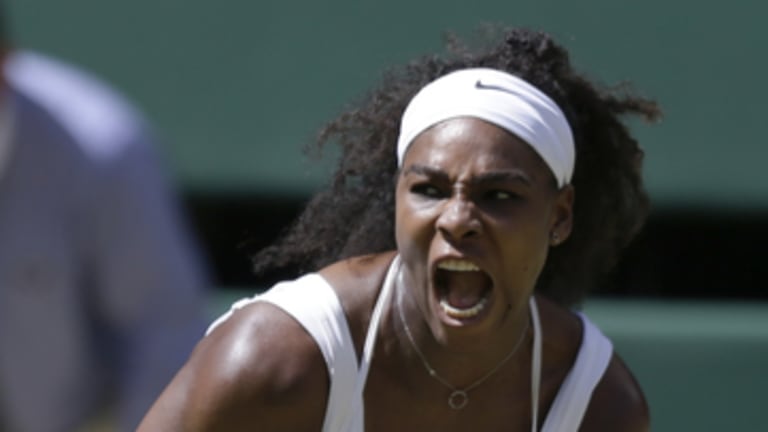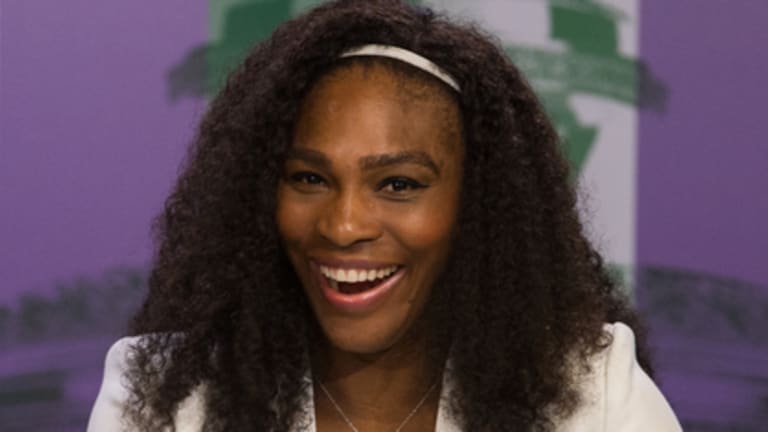Three years ago, Roger Federer established a new record for Grand Slam singles titles. Just a few weeks ago, Serena Williams moved within one Grand Slam singles title of Steffi Graf, who finished her career with 22.
Going into this year, Rafael Nadal was 66-1 at the French Open—the major many pundits consider the most demanding—with a preposterous nine titles in 10 years.
Then there’s Novak Djokovic. Were it not for Stan Wawrinka playing the match of his life at the moment of his life, Djokovic would share the spotlight with Williams, the pair marching toward the U.S. Open in lockstep as the sporting world contemplated the outlandish prospect of two players completing a calendar-year Grand Slam at the same time. Only five players, two men and three women, have accomplished that in a century’s worth of tennis.
Are these insane times, or what?
In fact, only one man has completed a Grand Slam since the dawn of the Open era in 1968. It was Rod Laver, who swept all four majors in 1969. Only two women have pulled off the feat—Margaret Court in 1970, and Graf in 1988.
Graf achieved something Williams may have only one more chance to emulate in her entire career, the sport’s only “Golden Slam.” In ’88, Graf not only won all four majors, she also won the singles gold medal at the Olympic Games in Seoul.
Williams will have a chance to match that next year, when the Games head to Rio, but let’s not get too far ahead of ourselves. For when it comes to degree of difficulty, the four majors are by no means equal when a calendar-year Grand Slam is at stake. The U.S. Open, the final segment of the puzzle, is sure to be the one most daunting to snap into place. Williams will learn that firsthand in the weeks ahead, although she had a preview of what she will face at Wimbledon.

